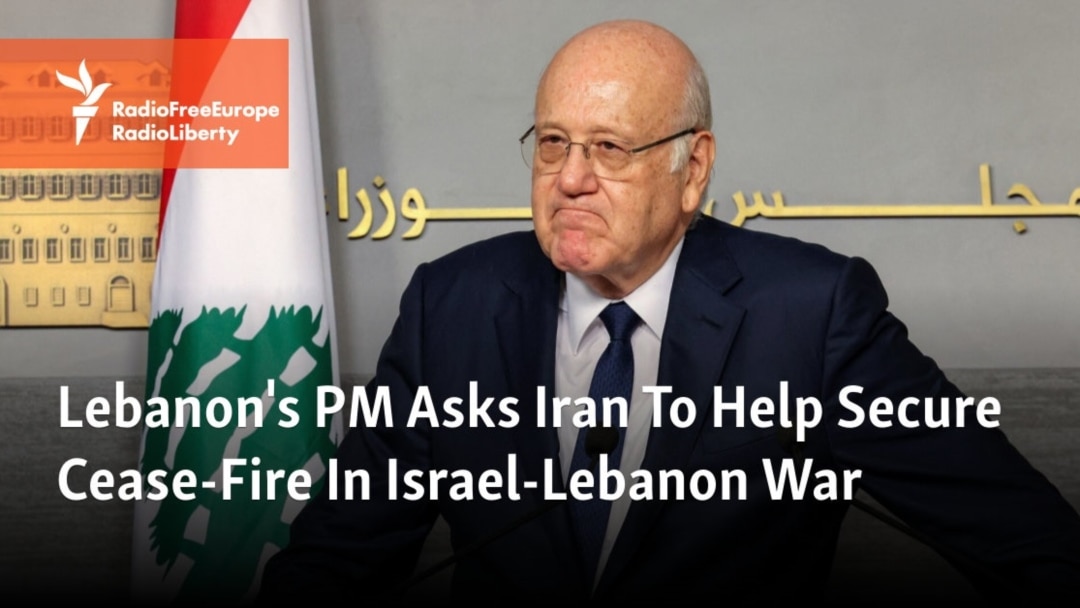Cease-Fire Between Israel and Hezbollah Sparks Political Controversy Over Biden’s Role
JERUSALEM— On Wednesday, a cease-fire agreement between Israel and the Iranian-backed Hezbollah terrorist group officially began, but it has quickly ignited a political firestorm among U.S. lawmakers. Prominent Republican officials are accusing President Joe Biden of exerting pressure on Israel to halt its military operations, even with indications that the Israel Defense Forces (IDF) were poised to dismantle Hezbollah’s leadership and military infrastructure in Lebanon.
Current Situation and Military Progress
Reports indicate that the IDF made significant advancements in their military campaign against Hezbollah, with their forces reportedly reaching the Litani River in Lebanon by Tuesday. This strategic location lies approximately 20 miles from the Israel-Lebanon border at various points and was seen as a crucial military objective. Under the terms of the cease-fire, Hezbollah is mandated to operate north of the Litani. However, critics insist that Biden’s alleged threat to impose a weapons embargo on Israel curtailed further military operations against Hezbollah in southern Lebanon.
Allegations of U.S. Pressure on Israel
Even as Israel celebrated tactical accomplishments, some experts suggest that U.S. policy under the Biden administration may have hindered its ally’s military momentum. Tony Badran, a Middle East analyst at Tablet Magazine, informed Fox News Digital that Israel had successfully dismantled much of Hezbollah’s infrastructure along the border within two months. Despite these successes, he claimed that the Biden administration has applied diplomatic pressure to realign the region according to what he termed the “Obama-Biden framework,” seeking cooperation with Iran.
Badran characterized this framework as a continuation of policies from the Obama administration, stating that it includes pressuring Israel into agreements that favor U.S. interests aligned with Iran, which includes funding for Lebanon’s Armed Forces and implicit limitations on Israeli military operations against Hezbollah. “The cease-fire agreement consolidates Obama’s vision for Lebanon and creates policy constraints for the incoming Republican administration,” he warned, suggesting that future Democratic administrations could build upon this framework.
Republican Criticism of Biden’s Approach
Republican politicians have been vocal in their criticism of Biden’s foreign policy. Senator Ted Cruz from Texas expressed his outrage, arguing that Obama-Biden officials exerted significant pressure on Israel to accept the cease-fire, allegedly withholding critical arms and threatening to support a broader international arms embargo at the United Nations.
Sources from the Israeli newspaper Haaretz indicated that Biden threatened to block arms deliveries to Israel and to abstain from vetoing anti-Israel resolutions in the U.N. Security Council if Israel did not agree to the cease-fire. However, officials within the Biden administration have categorically denied such claims. During a Tuesday press briefing, a senior White House official stated, “This topic never came up, not once.” Similarly, Amos Hochstein, Biden’s special envoy who was involved in brokering the cease-fire, also denied the existence of any threats during his interview with Israel’s Channel 12.
Mixed Reactions to the Cease-fire
For Israel, the cease-fire brings an end to what many consider a successful military operation against Hezbollah. Lt. Col. (Res.) Sarit Zehavi, the president and founder of the Israel-based Alma Research and Education Center, noted that the IDF had effectively neutralized Hezbollah’s top leadership and destroyed much of its rocket arsenal. Nonetheless, she expressed concerns regarding Hezbollah’s potential to rebuild over time. “The big question remains: Will Hezbollah recover, smuggle weapons, and rearm in South Lebanon?” Zehavi queried, suggesting that the cease-fire might not halt Hezbollah’s recovery efforts entirely.
Local leaders in northern Israel have voiced skepticism about the cease-fire agreement. Many have criticized the terms, asserting that they fail to ensure the safety of residents who have endured weeks of missile strikes from Hezbollah. Estimates suggest that over 70,000 Israelis, with some reports stating up to 100,000, were displaced due to the conflict. Mayors from affected towns have spoken out against the deal, arguing that it insufficiently addresses the threats posed by Hezbollah’s arsenal.
Conversely, for some residents in northern Israel, the cease-fire provides a much-needed reprieve. Zehavi remarked, “As a resident of the north, I am happy that my daughter can go back to school. I am happy to stop hearing the sounds of war and running to shelters,” highlighting the human aspect of the conflict and the desire for normalcy among those affected.
The Role of International Actors
Implementation and enforcement of the cease-fire rely heavily on the United Nations Interim Force in Lebanon (UNIFIL), the Lebanese Armed Forces, and the Lebanese government. Nevertheless, many experts remain doubtful regarding the ability or willingness of these entities to disarm Hezbollah effectively. UNIFIL spokesman Andrea Tenenti acknowledged that the presence of weapons outside of state control in southern Lebanon contravenes international resolutions. He emphasized, however, that UNIFIL lacks the authority and resources to neutralize the armed group fully.
Conclusion
The fragile cease-fire between Israel and Hezbollah has raised significant political debates in the United States, with accusations aimed at President Biden’s handling of the issue. While Israel reflects on military successes, the long-term implications of this cease-fire remain to be seen. The geopolitical landscape in the region appears as complex and vulnerable as ever, with the roles of key international actors in the prevention of renewed conflict still in question.
This HTML document includes structured headings, paragraphs detailing the main points of the article, and retains the journalistic tone while discussing the cease-fire between Israel and Hezbollah.
